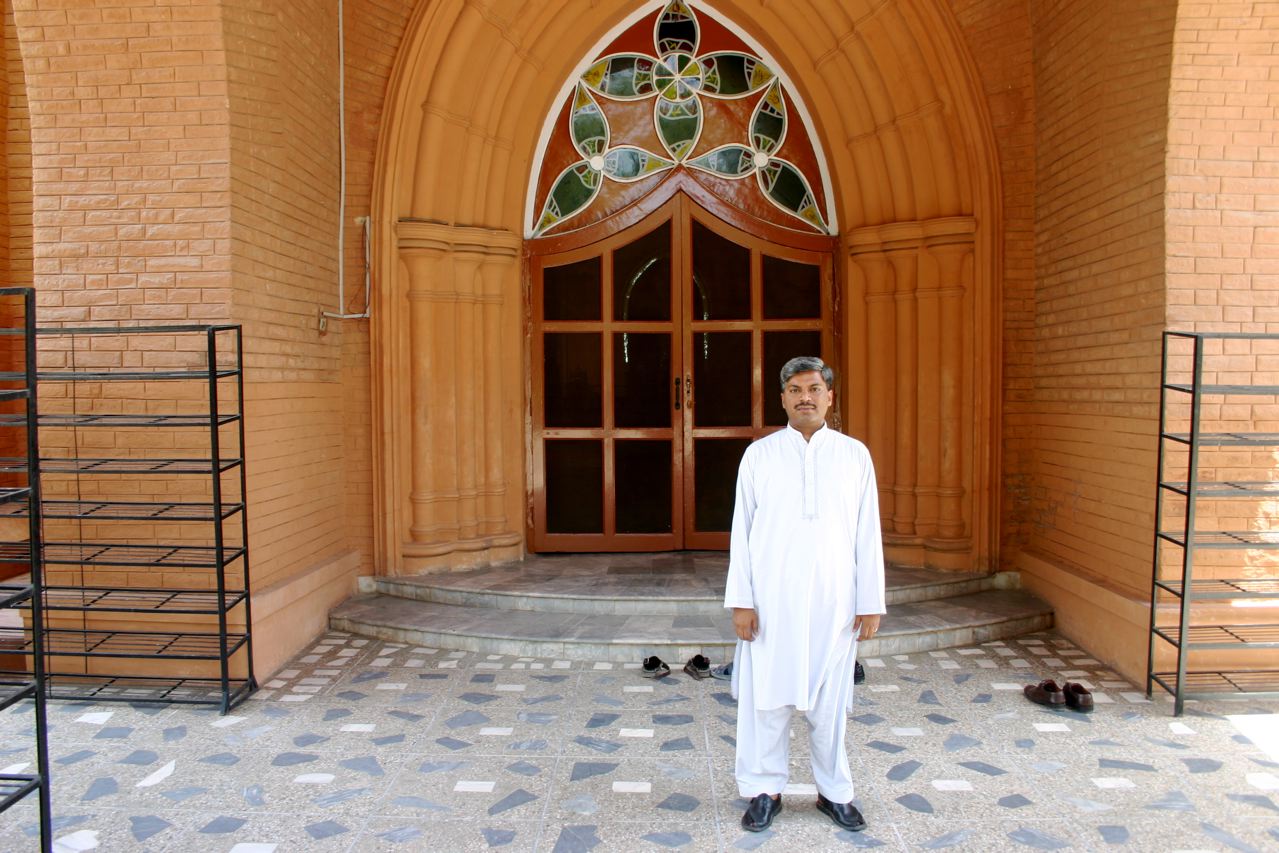
South Asia: Protecting and promoting freedom of religion or belief
Duration: June 2015-December 2016
Location: Bangladesh, India, Pakistan and Sri Lanka
Minorities: Christians, Hindus, Buddhists, Sunni or Shi’a Muslims, Ahmadis and Baha’is
What was this programme about?
This project aimed at protecting and promoting freedom of religion or belief by supporting human rights defenders in Pakistan, Bangladesh, India and Sri Lanka.
We supported these human rights defenders to monitor and document violations of religious freedom and to advocate for religious tolerance with key national and international decision-makers, for example at the United Nations level.
Why did we deliver this programme?
South Asia presents a challenging context for securing freedom of religion. Religious minorities are specifically targeted for their beliefs and at the same time the discrimination and/or persecution they suffer greatly compromises their freedom of religion.
Discrimination against religious minorities is deeply entrenched within the society of each of the countries, fostering a culture of impunity towards human rights abuses.
While each country is very different, broadly speaking religious minorities in this sub-region are facing attacks, violence, hate speech, land-grabbing, discrimination in public life (such as employment, education and access to justice) and violations of the right to freedom of religion.
What did we do?
- Capacity-building for religious freedom activists (including an intensive training course on international standards, national human rights law, advocacy, and security; mentoring scheme; and follow up survey).
- Establishment of three national networks and one regional network/dialogue space to build multi- or cross-religious support for human rights defenders working to secure religious freedom.
- Establishment and deployment of documentation system to ensure credible reporting of violations (including published country briefings and regional report).
- Media and awareness-raising work to promote religious tolerance (including three briefing sessions for journalists and three supported visits by journalists to cover religious freedoms stories, by target country).
- Local, national and international advocacy (including small grants, national roundtables for activists, officials and other decision-makers; programme of individual meetings per country with decision-makers; international advocacy missions to UN in Geneva/NY, and SAARC member capitals).
This programme was funded by SIDA.